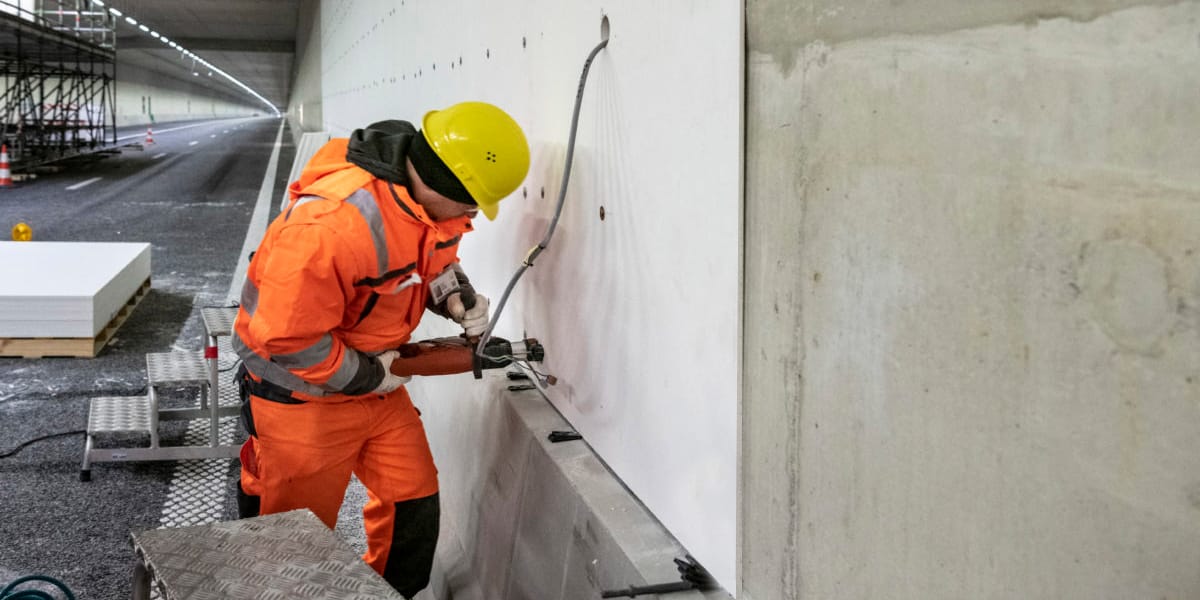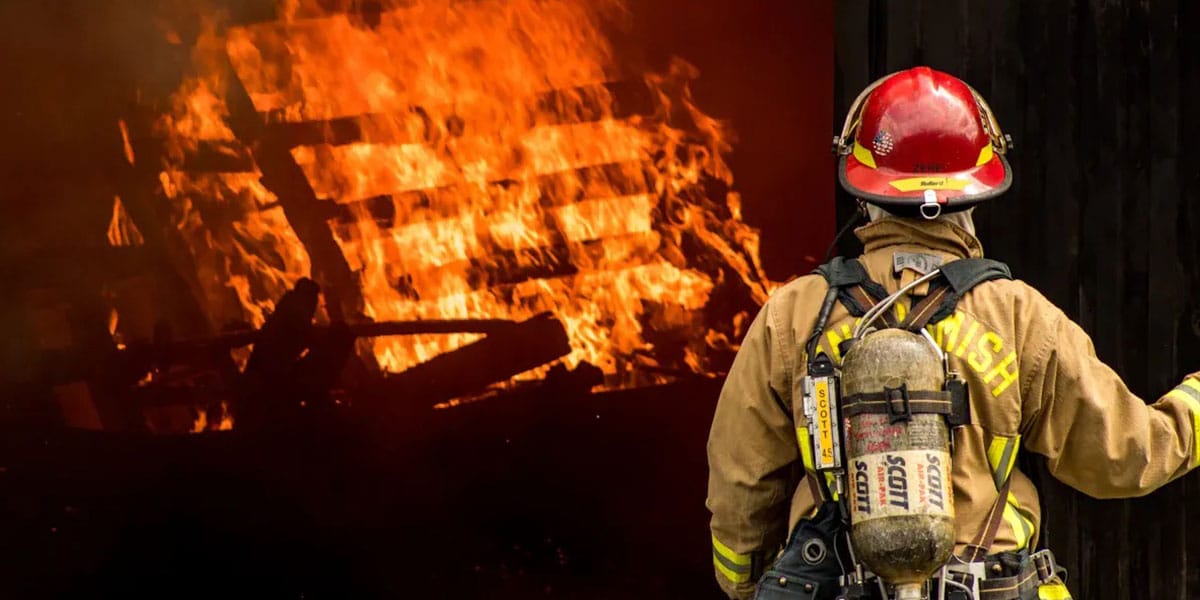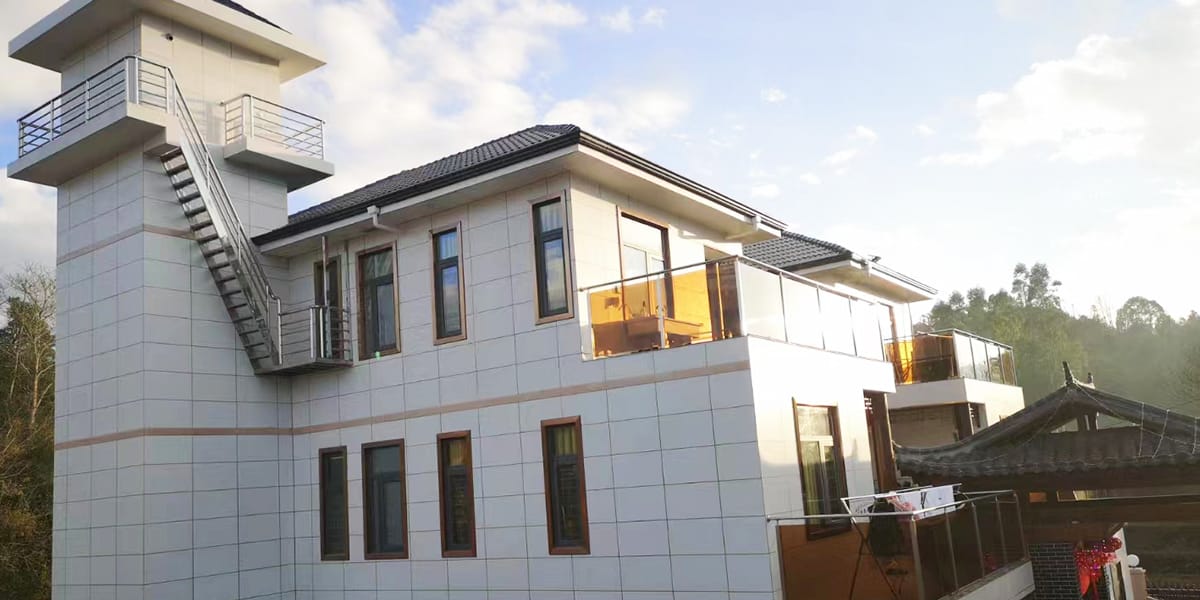
15 Jul What is MgO Board Used for?
Table of Contents
MgO board is a useful material in building. It can be used in homes and in business buildings. Magnesium oxide board is special because it does not burn easily. It also keeps out water and lasts a long time. Builders use MgO for many things. It works inside and outside buildings. People use MgO board for many jobs, such as:
Structural walls and floors in buildings
Ceiling panels and subflooring
Backboard for tiles in wet areas
Furniture backing for added strength and protection
Magnesium oxide board can be used in many ways in building projects. This makes it a popular choice for safety and for being good for the environment.
Key Takeaways
MgO board is very strong. It does not burn easily. It does not get damaged by water. People use it for walls, floors, and ceilings. It is also used behind tiles. You can use it inside or outside buildings.
MgO board lasts a long time. It does not bend or break easily. It does not rot or let mold grow. This makes it great for wet places like bathrooms and kitchens.
MgO board helps keep buildings safe. It can stop fire for many hours. It makes very little smoke. It does not make many bad gases.
MgO board blocks sound well. It helps make rooms quieter. This makes homes, schools, and offices more comfortable.
MgO board is good for the environment. It is made from natural things. It helps green building by making less waste. It also helps make indoor air cleaner.
MgO Board Applications
 Magnesium oxide board is used in many ways in building. Builders and designers pick MgO board for homes and businesses. It works well inside and outside. It is also good for special projects. The next parts talk about how MgO board is used and why it is popular today.
Magnesium oxide board is used in many ways in building. Builders and designers pick MgO board for homes and businesses. It works well inside and outside. It is also good for special projects. The next parts talk about how MgO board is used and why it is popular today.
Indoor Uses
MgO board helps with many jobs inside buildings. It keeps people safe and lasts a long time. It also stops water from causing damage. Here is a table that shows how MgO board is used inside and what it does:
Indoor Use | Description | Key Properties and Benefits |
|---|---|---|
Interior Walls | Used to cover walls in homes and businesses. | Fire resistance, soundproofing, mold and moisture resistance |
Partition Walls | Built on metal or wood frames to make rooms. | Chemical, mold, moisture resistance, lightweight, durable |
Ceilings | Used in ceiling panels and hanging ceiling systems. | Fire resistance, moisture protection, soundproofing |
Flooring Foundations | Used under floors to make them strong and steady. | Water resistance, thermal insulation, durability |
Tile Backer Boards | Gives a strong, dry surface for tiles in wet places. | High compressive strength, moisture resistance |
Decorative Boards | Put on walls or ceilings to look nice. | Fireproof, moisture-resistant, impact-resistant, thermal insulation |
MgO board is better than drywall in many ways. It does not burn, get wet, or grow mold easily. This makes it great for kitchens, bathrooms, and basements. MgO sheathing and mgo backer board help hold up tiles and other finishes. Builders use magnesium oxide board for walls that need to stop fire in homes and businesses. It is strong and blocks sound, so rooms are safer and quieter.
Note: MgO board can last up to four hours in fire. It makes very little smoke or fumes, which helps keep people safe inside.
Outdoor Uses
MgO board is also good for outside jobs. It stands up to weather, bugs, and fire. Here are some ways people use it outside:
Outside walls and building fronts
Siding and trim for houses and businesses
Fences and outdoor walls
Roof and outside wall layers
Soffits, fascia, and panels for decoration
MgO board stays strong even in rain, wind, or heat. If you paint or cover it, it will not get damaged by water or sun. Builders like magnesium oxide board for outside walls because it does not bend or swell. It lasts a long time and saves money on repairs.
MgO cladding can look many different ways. You can paint it or cover it with other finishes. The board’s fire and heat protection is good for places with wildfires or bad weather.
Specialized Applications
Some jobs need special materials. Magnesium oxide board is good for these because it stops fire, chemicals, and water. Here are some special ways MgO board is used:
Fire doors and fire walls in hospitals, factories, and schools
Elevator shafts and sound panels in big buildings
Lining for tunnels and underground trains
Cleanrooms, labs, and health places that need clean surfaces
Boiler rooms, machine rooms, and electric cabinets
Places near the ocean with salty air
One builder used MgO board in a fancy bathroom remodel. They made a waterproof floor and wall with it. The board was strong and kept out water, so tiles and concrete could go right on top. This showed MgO board works well in tough places and needs fewer extra materials.
MgO board is useful for many kinds of building jobs. More builders are using it for mgo sheathing, structural sheathing, and cladding because it works in so many ways.
Resistant Properties
 Fire Resistant Uses
Fire Resistant Uses
MgO board is light and does not burn easily. Builders use it where safety is important. The board will not catch fire or help flames spread. It can handle heat up to 1200°C and still stay strong. Many rules test MgO board for fire safety. The table below shows how it does:
Certification / Standard | Description | Fire Resistance Rating |
|---|---|---|
ASTM E136 | Tests noncombustibility | Noncombustible |
ASTM E84 | Measures surface flame spread | Class A (top rating) |
EN 13501-1 | European fire behavior classification | Class A1 (noncombustible) |
CAN/ULC S114, ULC S135 | Canadian fire resistance standards | Fire-rated for walls/ceilings |
MgO boards can stop fire for one or two hours or more. This depends on how builders use them. They make very little smoke and do not give off bad gases. MgO boards stay strong longer than gypsum or cement boards during a fire. This makes them great for fire-safe walls, ceilings, and doors.
Moisture and Mold Resistance
MgO board does not soak up water like plywood or gypsum board. In lab tests, magnesium sulfate boards stayed dry in wet air. These boards did not get mold or mildew, even after years in damp places. Builders use MgO board in bathrooms, kitchens, and basements. It keeps its shape and stays strong. The board’s moisture resistance helps stop rot and keeps the air clean indoors.
Material | Moisture Resistance | Additional Notes |
|---|---|---|
MgO Board | High | Mold and mildew resistant; stays strong in humidity |
Cement Board | High | Good moisture resistance |
Plywood | Low | Absorbs water, breaks down |
Gypsum Board | Low | Weakens with moisture |
Chemical and Insect Resistance
MgO board does not get damaged by chemicals, mold, or bugs. Its minerals do not feed termites or carpenter ants. The board does not bend, swell, or rot, even in wet or salty places. Builders use it in homes near the ocean and busy areas because it stays strong. MgO board is safe and does not let off bad fumes. This means less work to keep it nice and a healthier place to live. The board’s strength comes from magnesium oxide crystals. These crystals also help it fight damage from harsh chemicals.
Tip: MgO board’s strong resistance makes it a smart pick for safe, healthy, and long-lasting buildings.
Magnesium Oxide Boards in Construction
 Structural Applications
Structural Applications
Magnesium oxide boards are a strong pick for building. Builders use them instead of drywall or cement board. They work in homes and business buildings. The boards support walls, floors, and roofs. Many builders like them for structural sheathing. They hold heavy weight and do not bend when wet. The table below lists common uses and their main benefits:
Structural Application | Description | Benefits Highlighted |
|---|---|---|
Sheathing (Exterior & Roof) | Used instead of plywood or gypsum for walls and roofs. | Fire resistance, moisture resistance, durability |
Backer Board in Wet Areas | Substrate for tile in kitchens and bathrooms. | Moisture resistance, stability, long-lasting tiles |
Floor Underlayment/Subflooring | Solid base for hardwood, laminate, and tile floors. | High strength, prevents warping |
Interior Walls | Wall surfaces that need mold resistance. | Mold resistance, durability, better air quality |
Roof Sheathing | Base for roofing materials. | Fire and moisture resistance, structural integrity |
MgO sheathing and panels are simple to put in place. They help workers finish jobs faster. Builders use these boards for inside and outside walls. The boards are strong and steady, so buildings stay safe for a long time.
Acoustic Solutions
Magnesium oxide boards help make buildings quieter. Their solid build stops sound from moving through walls. Builders use them in walls, ceilings, and floors to block noise. MgO panels are good for schools, offices, and apartments. They help rooms stay quiet by soaking up sound. Using these boards in big buildings can raise the STC rating. This means less noise goes from room to room. MgO boards are easy to install and need no special tools. Their sound-blocking power is great for places where quiet is important.
Eco-Friendly Benefits
Magnesium oxide boards are good for the environment. They use fewer natural resources than many other boards. Making magnesium oxide board makes less carbon dioxide than cement. The boards do not have harmful chemicals like asbestos or formaldehyde. This keeps the air inside clean and safe. Builders can recycle and reuse these boards after use. Many green building rules, like LEED and BREEAM, give credit for using these boards. MgO boards also save energy because they insulate well. They last a long time, so there is less waste and fewer repairs. Magnesium oxide boards help builders make safer and greener buildings.
MgO board is a good pick for many building jobs.
Builders like that it stops fire, water, and mold. This helps keep homes and businesses safe.
The board works in wet rooms, busy places, and spots that need to be quiet.
People say it is strong for a long time and made from earth-friendly stuff.
Experts say you should install it the right way. This helps you save money over time and get the best results.
MgO board helps make places safe, healthy, and good for the planet for any project.
FAQ
What tools cut MgO board?
Builders use standard tools like utility knives, circular saws with carbide blades, or shears. They wear masks to avoid dust. Cutting MgO board is easy and does not need special equipment.
Can MgO board replace drywall?
Yes, MgO board can replace drywall. It offers better fire, water, and mold resistance. Many builders choose MgO board for safer and longer-lasting walls.
Is MgO board safe for indoor air quality?
MgO board does not contain harmful chemicals like asbestos or formaldehyde. It helps keep indoor air clean and safe for families and workers.
How long does MgO board last outside?
MgO board lasts many years outdoors. It resists rain, sun, and insects. When installed and finished correctly, it stays strong and does not rot or warp.
Where should builders avoid using MgO board?
Builders should not use MgO board where it will stay wet for long periods. Constant water exposure can weaken the board over time.

 Fire Resistant Uses
Fire Resistant Uses Structural Applications
Structural Applications